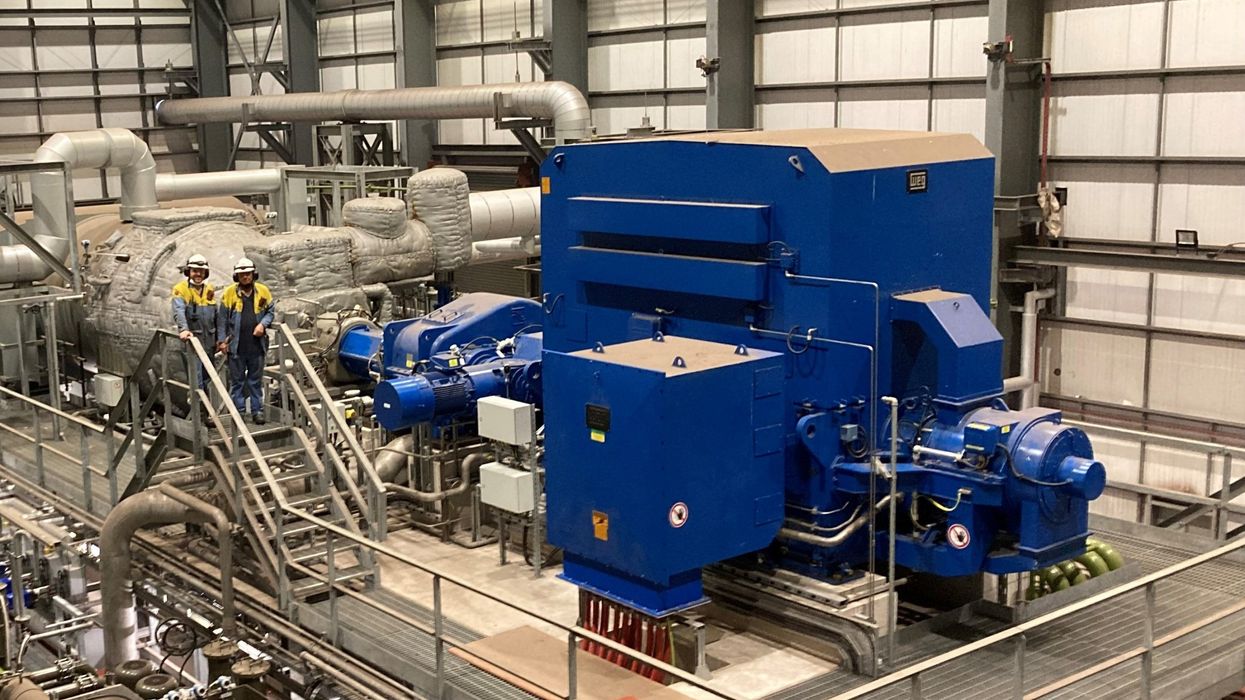TATA Steel has installed a 30-megawatt generator at its Port Talbot site in South Wales, seeking to reduce its energy bills and cut carbon footprints.
Installed in a new turbine hall as part of a wider £37 million investment in the site’s power station, the generator helps convert more process gases from blast furnaces, steelmaking plant and coke ovens into energy.
While high fuel prices are eating into the profits of steelmakers globally, the investment by the Mumbai-headquartered company is expected to cut its energy bill by millions of pounds every year.
According to Tata Steel’s project manager Guy Simms, the investment effectively reduces its offsite carbon footprint by 43,800 tonnes of CO2 annually.
“Our on-site power plant uses process gases to heat water into steam, which then drives a turbine-like a propellor. This, in turn, drives an electrical rotor to generate our own electricity.
“We have a number of these turbo-alternators but not enough to use all the steam we can create. This latest addition, however, will make a step-change to our energy-generation capacity,” he said.
The project also included creating a newly landscaped area that has been planted with Kidney Vetch – the main food source of the UK’s smallest resident butterfly, the Small Blue.




